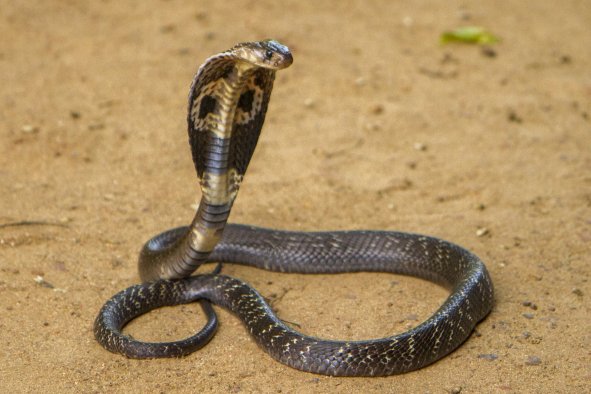A pet cat named Squeaks has been saved from a multidrug-resistant infection with a pioneering therapy, a new study details.
It marks the first ever use of personalized phage therapy in animals—a type of treatment that uses bacteriophages, a type of virus, to get rid of bacterial infections. Before now, this treatment had only been used on humans. The findings, published in the journal Veterinary Quarterly, mark a huge development in how veterinarians can treat infections in animals, particularly those resistant to antibiotics and on the rise. The study, led by Ronen Hazan and colleagues from the Hebrew University of Jerusalem, details the case study of Squeaks and how veterinarians treated the infection.
Squeaks the cat underwent several surgeries on the right hind leg after falling from a great height. But an infection developed, that would not get better despite being treated with antibiotics. The infection persisted for more than four months.
It got to the point where veterinarians were contemplating implant-replacement surgery for the cat, the study reported. However, there was one other thing they could try: a new treatment using the phage virus.
A carefully designed dosage of the bacteria-killing virus was applied to the cat's wound directly, mostly by Squeak's owners at home. This was done alongside antibiotics that would not work on their own.
These resistant infections exist for a number of reasons, including an overuse and misuse of the medicine. As a result, certain bacteria will not respond to the antibiotic, making these types of infections really difficult to treat.
Alongside antibiotics, the phage therapy was able to target the cause of infection.
Following the treatment, veterinarians found that Squeaks' infected surgical wound, which had stayed open for many months despite many different antibiotic treatment, had now completely healed.
This shows that this kind of therapy could be a life-saving alternative when antibiotics do not work.
The authors are urging the need for alternative treatments such as phage therapy, amid a concerning rise of antibiotic-resistant infections.
"There is a critical need for novel adjuvant therapeutics to effectively address this growing concern," the study authors wrote. "Phages could offer a promising solution to this problem."
Antibiotic resistant infections affect 8.5 percent of surgical wounds in pets, the study noted, highlighting the need for alternative therapies. These infections can be highly dangerous and increase the risk of death.
"The successful conduct of the treatment at home by the cat's owners provides compelling evidence that personalized phage therapy combined with antibiotics can be effectively extended to pets, who also face the challenges of antimicrobial resistance, similar to humans," the authors continued.
This is why this kind of research is vital and at times, life saving.
Do you have a tip on a science story that Newsweek should be covering? Do you have a question about this treatment? Let us know via science@newsweek.com.
Disclaimer: The copyright of this article belongs to the original author. Reposting this article is solely for the purpose of information dissemination and does not constitute any investment advice. If there is any infringement, please contact us immediately. We will make corrections or deletions as necessary. Thank you.



